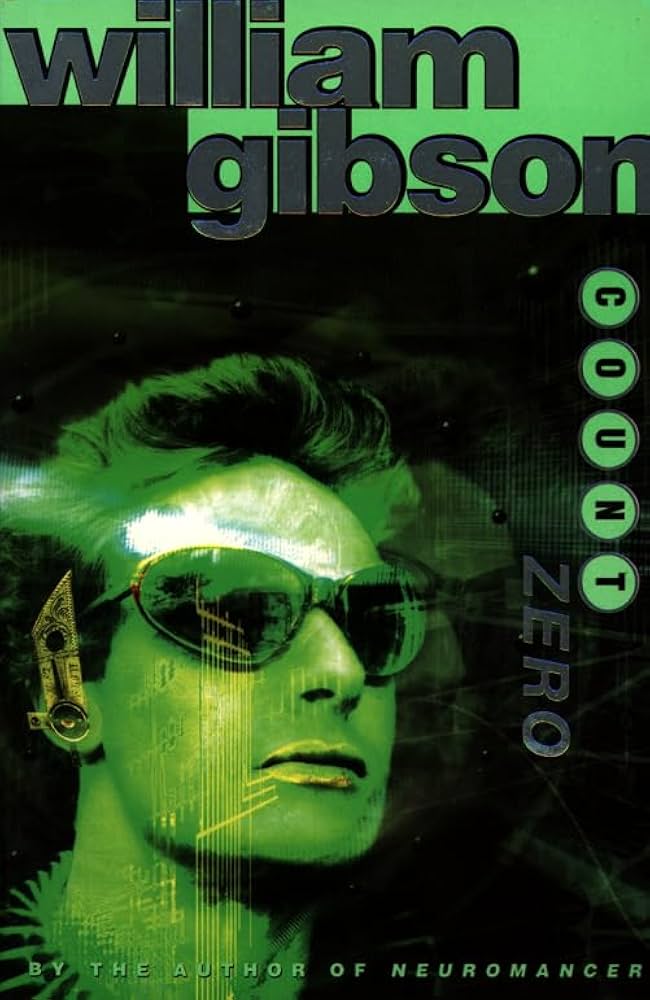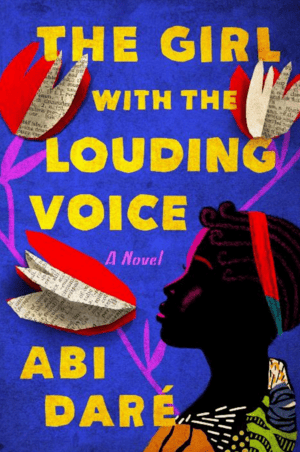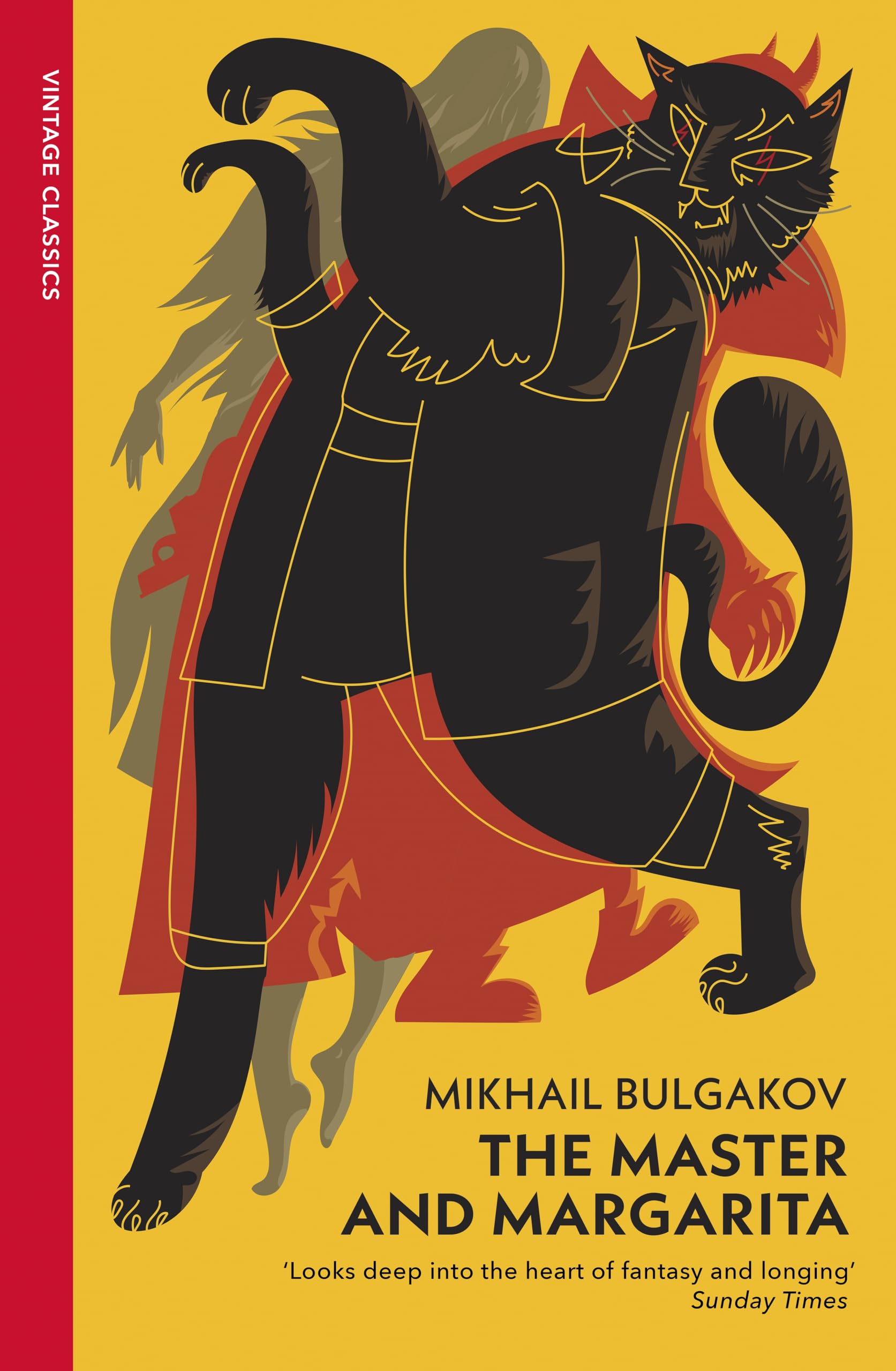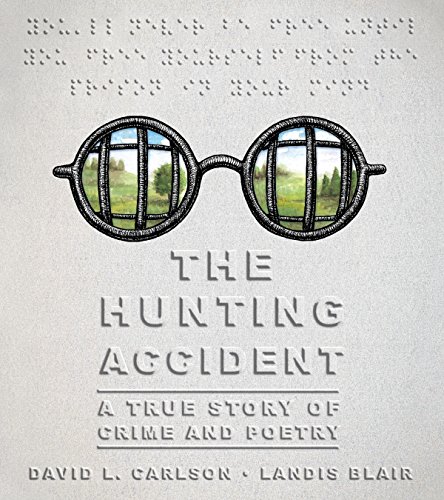Books I (Have) Read in 2025

Count Zero
William Gibson
15-02-25
What a fucking RIPPER this was!
Not only is this books incredibly dense with ideas, plotted almost perfectly and full of brilliant stuff, but old Bill can just fucking WRITE. Almost every page has some gesture or detail that could be utterly mundane but is elevated by Gibson's ability to take one step to the left with almost all his choices.
The mystery of this book is so fun. It's not one that's sovlable, and I'm not sure it's even solved by the end of the book, but it all feels so close to knowable that it feels like complete comprehension is on the tip of your brain. What makes this all go is that the characters are just as out of the loop as you are, being led by forces unseen and uncertain, but felt all the same.
Like Neuromancer, this book is full of people that just don't have the full picture. They don't know why that bunker exploded either, but we can't stop to figure it out. Get in the jet.
It's a very intentional disortientation, but one that can be a little uncomfortable. I often wasn't sure what was supposed to be a confusing non-sequitur of pure plot, or what was something I had legitimately just misunderstood, but I'm not sure that matters. The important stuff gets straightened out, or it doesn't. The ambiguity feels productive, and forces you to focus on the pure facts of the thing. What actually happened there? Why do you think that happened? What was the motive? We often don't know, and it puts us right in the head of the characters also struggling through and trying to figure out what the fuck is going on.
This world of clunky technology, strung together with violence and telephone wire is so palpable and rich that I'd read basically anything in this setting, but this story in particular was such a joy. And the pacing is just off-the-charts good, too. Turner's high-stakes low-tech action, Bobby's dipshit cowboy routine and Marly's ethereal art-mystery are so perfectly balanced, with each chapter feeling vital and like some new aspect of the world has been revealed. There's no fat on this thing at all.
Zipping between three characters in wildly different worlds and watching them all inch closer was extremely fun, and I'm impressed with the choice to not actually lock these three stories together, in the end. It has that feeling I love in complex stories where everything just happens. We witnessed these events, that's how it went. No contrivance, no grand reveal.
I wasn't sure what a sequel to Neuromancer would look like, but this was almost perfect. To be honest, I think it beats Nueromancer just for how focused it feels. Neuromancer, in comparison, gets a little shaggy-dog at times, not to its detrement but I can hold this book in my head much easier than Neuromancer and my emotional response to it was much stronger as a result.
I can't wait for the discussion of this on Shelved by Genre and I really can't wait to read another book in this world.
Also, I didn't read the copy with this cover, but come on, look at that masterpiece.

The Girl with the Louding Voice
Abi Daré
09-02-25
Reading this for a work book club, so it's pretty far outside of what I'd pick up of my own volition. I had a good time with it!
I don't think it spoke to me in the same way that other people are saying online, but that often seems to be the case with books like this; books with a very clear viewpoint and message. "Women and girls are treated poorly, often abused by powerful structures around them. Girls deserve their humanity and access to education." are positions I already understood and agree with, so the impact of a story that communicates that is going to be lessened. And besides, having such a clear goal always flattens the story and characters into pure vehicles of meaning rather than complex entities.
It doesn't help that the main character of this book literally speaks a very clear moral into the text several times. "I guess no matter how much money you have, you can still be sad." - "Even powerful women can be abused." Damn, you sure are right. If only the events and characters in this book had some way of demonstrating that!
It's nit-picky, but that kind of blunt-force writing is always a turn off, and unfortunately sticks with me a lot longer than the very good parts of the text. The book is already doing the work! Trust it to convey a message without being so damn explicit!
But I feel like this kind of close-read criticism of the book betrays how much I liked it. I still raced through this in a little over a week, and basically enjoyed it the whole time! Don't let a grouch like me convice you this book isn't good! It's frequently terrifying, disarming, hopeful and heartbreaking, but it wasn't transformative for me in the way that good fiction can be.
Based on reviews I've read, it was transformative and vital to many people, and I'm glad about that.

The Master and Margarita
Mikhail Bulgakov
31-01-25
I was first recommended this book about ten years ago, and since then it has loomed large as this indescribable object. Everyone I've spoken to about this has tried and failed to tell me what this book is.
All they can say is that it's amazing.
While reading, I even had someone on the commuter train tap me on the shoulder and say "Oh my god is that The Master and Margarita!? I LOVE that book." After sitting beside them again the next day and saying "Yep, I'm enjoying it!" I had to change my routine. I couldn't bear lying to them about enjoying this book.
It's not that I think this book is bad; it's rich and strange and obviously literary but ultimately I just didn't have a great time with it.
I found a lot of the action to be... entertaining but inconsequential at best. Sure, the antics are fun but after another chapter of the crew being obtuse and fucking with people, it was wearing a little thin. And, now this one's on me, I found it very difficult to keep the characters straight in my head. There were so many names and nicknames and titles for each character that, because I was already making slow progress, never quite gelled for me outside of the few central players.
And I was making very slow progress. A book of this size, these days, will take me a couple weeks to get through. This took me a full month, owed to a combination of generalised distraction and just a pure lack of momentum. I found it so difficult to pick this up and re-remember what was happening in this scene and who was there and what was being said. Is this part a dream? Is this part a story being told? Who is this character, even? I probably would have had a better time with it if I knew what I was getting myself into; If I'd had a crib sheet of characters handy, or at least knew how Russian names function so as to better remember them all.
It's difficult to pinpoint the chicken-and-egg of it. Was I not enjoying this book because I wasn't reading it often enough? Or was I not reading because I simply wasn't enjoying it? Either way, I really struggled, and it became kind of a slog.
Ultimately, I think this is a case of just picking the wrong book at the wrong time. Coming off the back of Neuromancer - another book with a somewhat detatched relationship with reality - I perhaps should have gone for a lighter read before hitting this book. On a good day, I can see this really working for me, but not today unfortunately.
Also, the footnotes aren't even fun!

The Hunting Accident
David L. Carlson, Landis Blair
14-01-25
I often find it difficult to critique graphic novels, especially biographic ones. They tend to slide off my brain a little easier, the details of actions become blurry and my main takeaway usually amounts to "Neat!" in a way that I rarely find satisfying.
But let me try digging in a little more.
I really enjoyed this book. Each timeline was captivating in it's own way, with lies and confessions all feeling appropriately weighty thanks to the fantastic framing/guttering throughout the book. The willingness to use every inch of the the page to communicate and the restraint to do so only at critical moments is so impressive and striking, and the trick never gets old.
I found the prison sections to be the most compelling, something about the story being told from such a distance of time and context renders it practically mythical. Another man, another time entirely. Combine this with the metaphorisation that happens at the climax of Matt Rizzo's blind experience of the prison and it becomes pure symbolism. Comics are great at giving form to thoughts and realising the unreal, and this book does just that, illustrating the sensory experience of a blind man.
A fantastic story about stories, about generational lies, about inheritence, told beautifully.